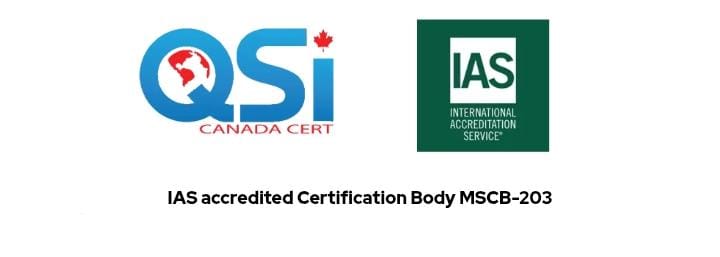Hazard Critical Control Points
HACCP – Hazard Analysis and Critical Control Points
Hazard Analysis and Critical Control Points (HACCP) is a globally recognized, science-based food safety system developed to identify, evaluate, and control hazards throughout the food production process. The system consists of two main components:
-
Hazard Analysis (HA): Identifying potential biological, chemical, or physical hazards that could affect food safety.
-
Critical Control Points (CCP): Determining key stages in the process where control measures are essential to eliminate or minimize risks.
HACCP ensures food safety and hygiene by monitoring each stage — from raw material sourcing and production to processing, storage, distribution, and final consumption. It is a proactive and preventive approach to food safety, rather than relying solely on finished product inspection.
By applying HACCP, organizations implement an effective and self-regulated hygiene management system that guarantees the safety of their food products for consumers.
Key Benefits of HACCP Certification
-
Enhanced sanitation control across all food processing stages
-
Safe and hygienic food production processes
-
Focused and effective sanitation efforts at critical points
-
Reduced product defects and customer complaints through improved control
-
Ensures safe distribution and storage practices
-
Public confidence through recognized food safety certification
-
Helps prevent food safety issues before they occur
-
Efficient handling of product recalls when necessary
-
Simplified and advantageous inspection processes
-
Builds trust in food product quality and safety
-
Improves export opportunities with international compliance
-
Right to display the HACCP Certification Mark as proof of safety commitment


